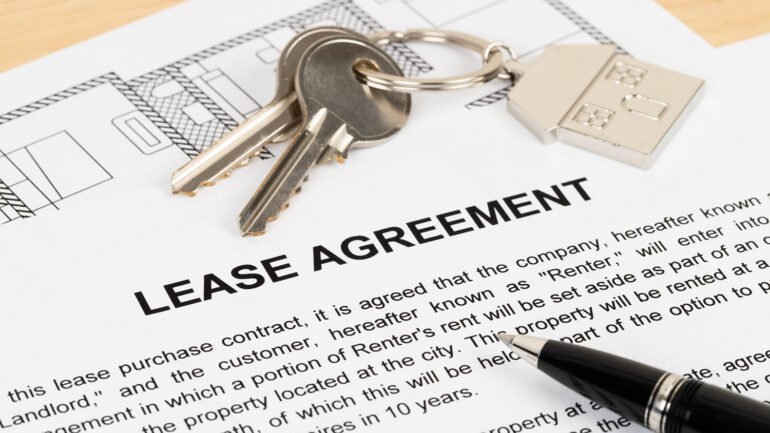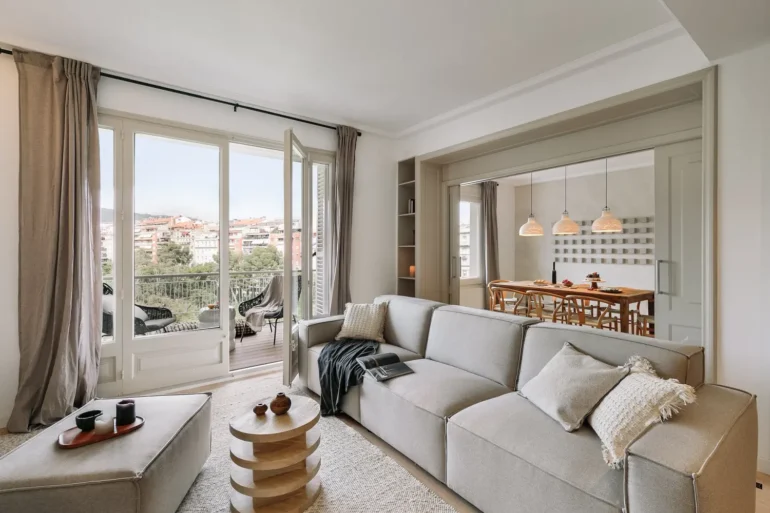
You went into real estate investing to make a profit, but if you’re not seeing the results you want, here are some tips to improve your game.
1. Work With a Professional Property Manager
By far, one of the easiest ways to make your real estate investment business more profitable is to hire a property manager to take over all your landlord duties so you can focus on other things. When a property manager handles your business, they’ll take care of repairs, maintenance, rent collection, evictions, advertising, showings, and even emergency repairs.
The best part is getting access to the expertise and experience needed to create great tenant relationships and keep your properties in good shape. For instance, when investors work with Dallas property management company Green Residential, they have access to all the expertise they could possibly need to manage their rentals and tenants.
All communications are streamlined through one dedicated property manager, but behind the scenes, the entire team works on the investor’s behalf.
2. Always Create a Written Lease Agreement

Nothing will destroy your profitability like massive tenant damage you have to cover out of pocket. According to the data, landlords claim between $5,000 and $30,000 in damage through their insurance policies. Unfortunately, intentional damage and wear-and-tear are both excluded from coverage. This puts many landlords in the unfortunate position of having to foot the bill on their own.
Since you can’t predict who will or won’t damage your property, it’s in your best interest to have every tenant sign a written lease. A lease agreement won’t prevent damage but it will give you legal recourse if your tenant seriously damages your property.
You can still sue someone without a lease, but the contract makes it much easier. Additionally, a tenant who signs a legal agreement will usually be less likely to act carelessly.
3. Utilize Your Tax Breaks
Never underestimate the power of tax breaks to bring your total taxable income down significantly. Newer landlords often miss out on savings because they don’t know what they can legally deduct as expenses.
There are a handful of tax breaks related to property upkeep and debt repayment, including:
- Depreciation of a rental property
- Deductions for mortgage insurance
- Deductions for repairs and property improvements
- Travel expense deductions if you had to travel to make repairs, find a new property, or manage a rental
- Employees
- Education
- Payment of property taxes
- Utility costs if you pay them for the renter
- HOA dues
- Some expenses paid for by the tenant, like water, garbage, and sewer – for tax purposes, these expenses count as rental income because you would have to pay them otherwise.
Additionally, there are plenty of other deductions available. For instance, you can write off typical business startup costs if you’re just starting your investment business, advertising costs, and suspended passive losses.
4. Don’t Raise Rents Arbitrarily

You won’t make yourself more profitable by raising the rent arbitrarily. This is a tactic some investors use, but it’s not a good idea. Sometimes raising the rent more than a small amount each year can force tenants to give notice or wait to be evicted. If you raise the rent incorrectly, it can cost you reliable, long-term tenants and create extended vacancies.
That’s not to say you should never raise the rent, but be smart about the timing and the increase. For example, if you need to raise the rent significantly, it makes more sense to wait for a new tenant and implement gradual increases in the meantime. Either way, always follow your local and state laws regarding how much of a rent increase you can apply each year.
5. Provide Off-street Parking
You’ll be most profitable when your properties are rented, and off-street parking in a neighborhood that typically only has street parking is something that can set you apart from other properties. You can even charge a little more for parking and people will be willing to pay extra for the convenience.
6. Rent Furnished Properties

If you’re willing to front the cost of furnishing a property and pay for repairs or replacements once in a while, renting a furnished home to a long-term renter can bring in 15-20% more in monthly rent. There are a lot of tenants who don’t want to bother buying and moving furniture and just want to move in quickly and settle down. You can also write off your expenses and depreciation on your taxes.
Don’t Forget to Perform Regular Inspections
Last, but not least, performing regular property inspections is vital for maintaining your profitability. You’ll catch problems early, and your tenants will know they can’t get away with being careless.
